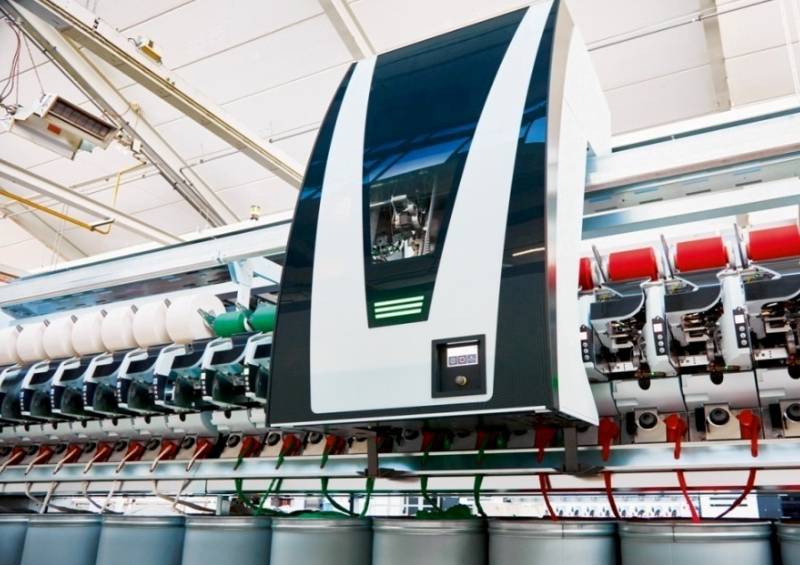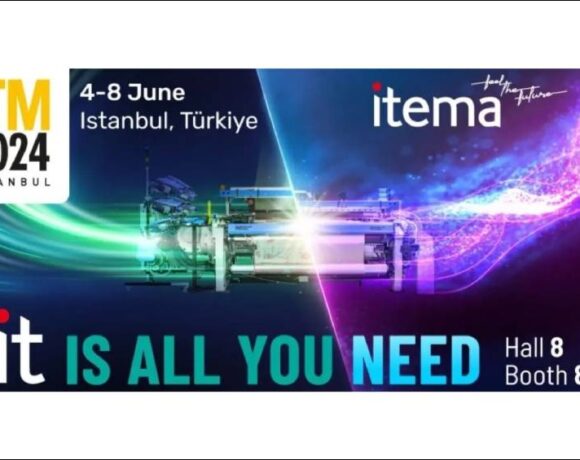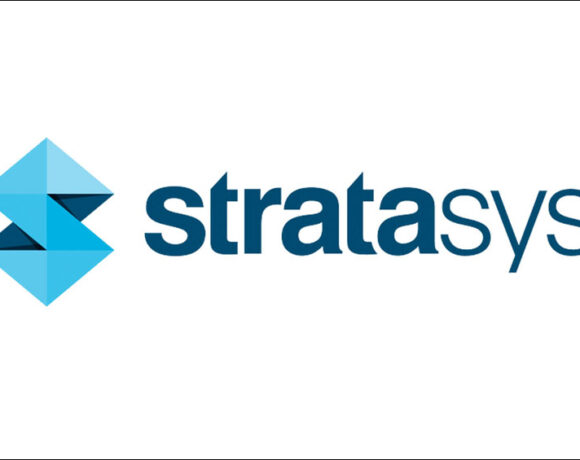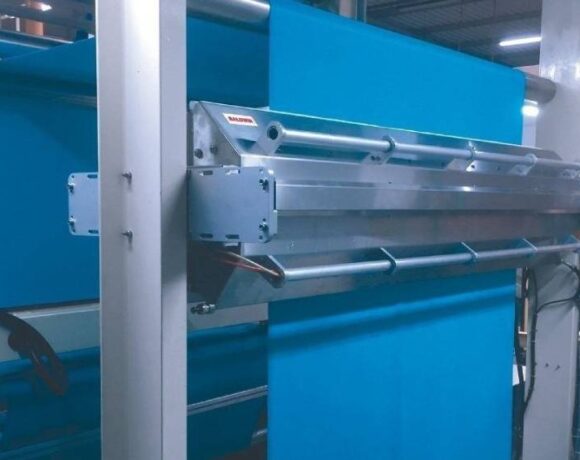Saurer Technology Will Shape Future Of Textiles At ITMA Asia

The wide range of Saurer’s new machines and trendsetting ideas will once again shape the future of textiles at ITMA Asia in hall 8, stall 47 in Shanghai.
Live exhibits on the booth include Autocard SC 7M, Zinser 51 ring spinning machine, BD 8 and Autocoro 11 rotor spinning machines, Autoairo air spinning machine, and the new PrimeTwister.
Texparts components, updates and upgrades and the Fibrevision product range will also be on display.
“The new Autocard SC 7M is the result of a brand-new development concept, with a functional and modern machine design,: Saurer said in a press release.
With the same quality standards, the card offers an impressive 20 percent higher productivity thanks to a larger carding area of over 4 sq. metres.
The new BD 8 rotor spinning machine is supplied with automatic doffer units (DU), which changes the packages without interrupting the spinning process.
Equipped with up to four doffers, the BD 8 is providing sufficient doffing capacity even for coarse yarns and double-digit energy savings and yarn quality improvements are achieved with Twinsuction, installed at both ends.
Saurer now offers the semi-automatic rotor spinning machine BD 480 Plus with an automatic doffer for package change. With two automatic doffer units (DU), customers can benefit from increased efficiency and a reduction in manpower.
The new, fully automatic Autocoro 11 rotor-spinning machine is the 4th generation of Autocoro with individual drive technology, which is already operating reliably with more than 1 million rotors installed worldwide.
The Autocoro 11 saves up to 10 percent energy compared to its predecessor, the Autocoro 10.
According to Saurer, Autocoro’s energy consumption has been reduced by 38 percent over the last 15 years.
The Autoairo air-spinning machine has set new benchmarks for producing high-quality air spun yarns named Belairo as these yarns have high pilling resistance and are very durable.
Compared to combed ring spun yarn, the production of Belairo yarns uses less energy, less manpower, fewer machines, and less production space, which means lower building and air conditioning costs.
The energy efficient Autospeed roving frame with automatic doffer allows spinning mills to be less dependent on the availability of skilled personnel and at the same time increases the quality of the roving.
The Autospeed roving frame with up to 240 spindles saves up to 20 percent of energy compared with the previous model, while doffing takes less than 2 minutes.
The Zinser 51 ring spinning machine series is offered as a ring-spinning or a compact-spinning machine and sets new standards for sustainable spinning, maximum economy, optimised user-friendliness, and flexible automation solutions in ring spinning.
The ZI 451 worsted compact-spinning machine for wool fibres and their blends with acrylic, silk and cashmere fibres impresses worsted spinners with its high flexibility and profitability.
Saurer’s new PrimeTwister, the two-for-one twisting system for staple fibre yarns, offers high flexibility thanks to its wide yarn count range.
Energy consumption is reduced by up to 40 percent, thanks to the unique spindle geometry and spindle bearings.
The advanced spindle and drive design of the CompactTwister offers low power consumption and short doffing times combined with a low yarn breakage rate.
Balloon limiters, energy-saving spindles, optimised drives, and many other features on Saurer’s twisting and cabling machines result in significant energy savings.
The TechnoCorder TC2 Plus can process a wide range of yarns and offers a yarn lubrication device to ease further process steps.
While, the latest feature, PreciWinding, (TC2 Plus) features a newly developed take-up area for producing twist packages of a very high quality.
Among its many impressive features, the CarpetCabler/CarpetTwister 1.12 offers an energy-saving spindle range and central computer-controlled balloon adjustment.
Fibrevision’s yarn quality monitoring and grading systems minimise waste from the start by detecting yarn faults early, recording quality data and optimising production.
This is essential for both virgin and chemically recycled synthetic fibres. The use of recycled polymeric material can lead to unpredictable defects during the manufacturing process.
Fibrevision’s Total Quality System (TQS) covers a wide range of yarns from polymer spun yarns (POY, FDY) to texturised yarns (DTY).
The Texparts product line supplies high-quality components for ring and rotor-spinning that ensure highest yarn quality and maximum productivity.
The newly designed PK 1580 drafting system for roving frames is ergonomically designed and easy to use.
Fast and precise load adjustment allows to process a wide range of fibres and is also of advantage for recycled fibres.
With the new RB 105 complete rotor bearing system, mills can upgrade existing rotor spinning machines to a high-performance solution.
The new Texparts Eshape spindle has a reduced wharve diameter of 17.5 mm. Combined with the Spinnfinity zero underwinding system, Eshape enables remarkable energy savings of up to 6 percent.
On the other hand, Saurer’s Service Unlimited offers solutions for a long and sustainable service life for installed Saurer machines.
Customers can make existing machines fit for processing recycled fibres, either with updates and upgrades, clever preventive maintenance services or with technology kits including original Belcoro and BD Value Line spinning components for nearly every textile application.
Saurer also offers various automation solutions that enable textile mills to reduce labour costs, optimise material flows, shorten lead times, and increase productivity.
Saurer’s innovative automated guided vehicles (AGVs) for spinning and twisting improve mill productivity and reduce dependence on staff availability.














